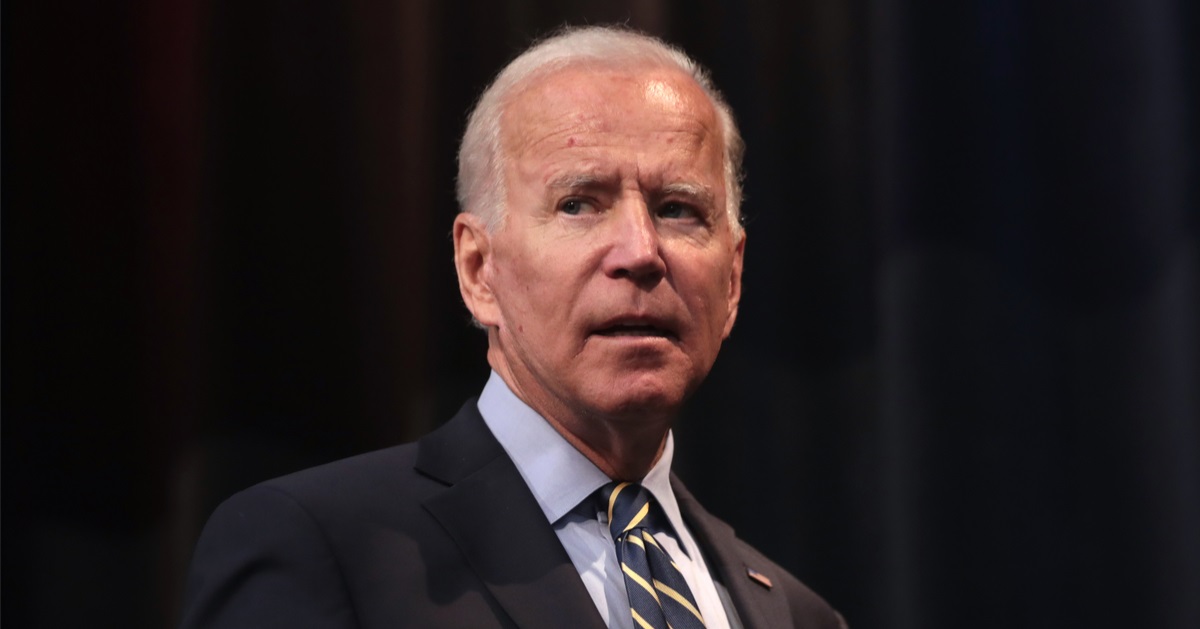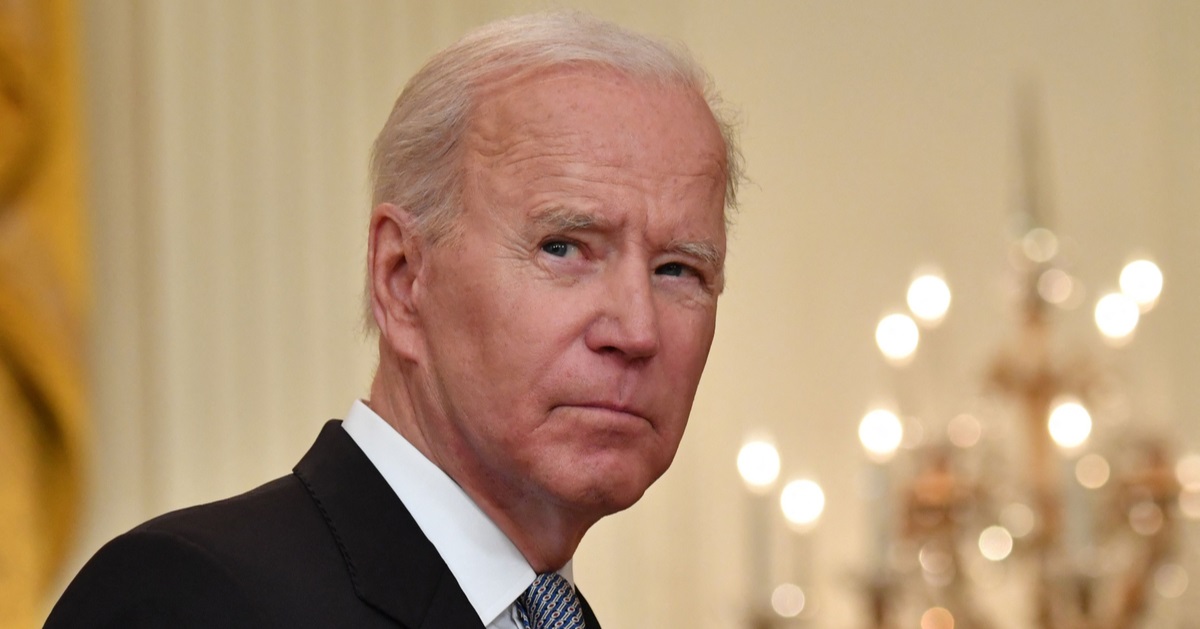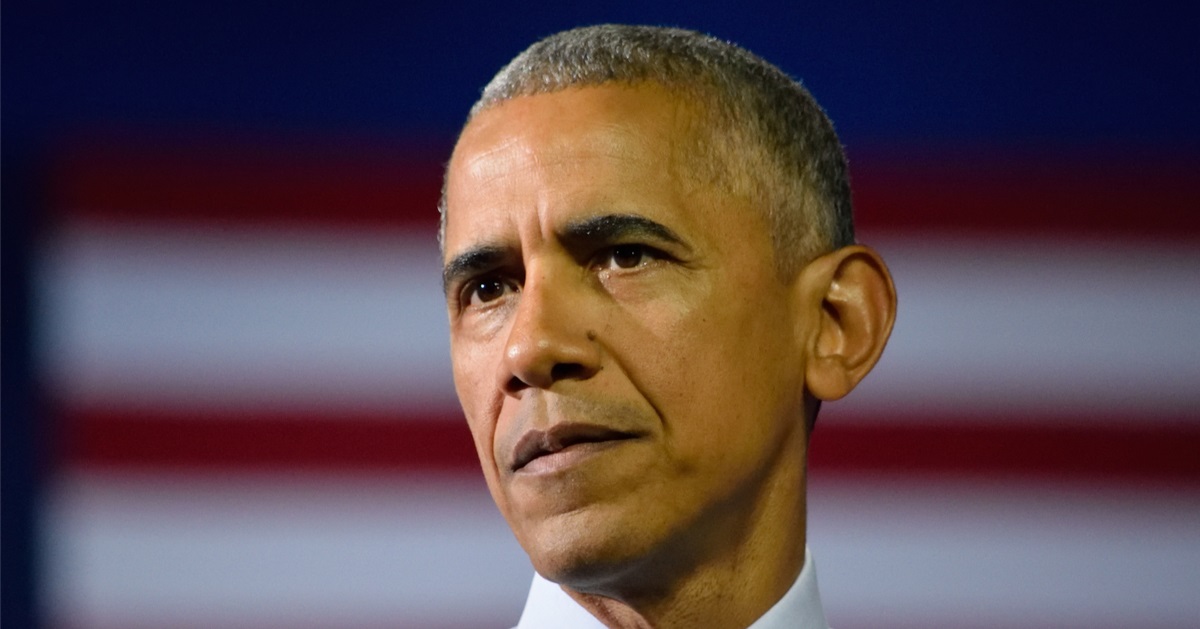Supreme Court hears testimony in key drug mule border case
When Delilah Guadalupe Diaz was found with thousands of dollars worth of pure methamphetamine in her car, she maintained she was unaware of the illegal cargo.
Her argument failed to sway the court during her trial, and she received a seven-year prison sentence for drug trafficking.
Supreme Court hears Delilah Guadalupe Diaz's challenge of expert testimony related to her conviction for smuggling methamphetamines from Mexico to the United States. https://t.co/atYoOHU95x
— NBC News (@NBCNews) March 19, 2024
The case
Diaz is appealing her conviction, with the Supreme Court deliberating on Tuesday whether prosecutors should be allowed to present evidence suggesting that individuals convicted of being drug mules typically know the nature of their cargo.
A U.S. citizen residing in California, Diaz was stopped by a Border Patrol agent in August 2020 after crossing into the United States from Mexico at the San Ysidro port of entry.
She claimed the car belonged to her boyfriend, but when the agent attempted to open the rear window, encountering resistance and hearing a crunching sound, a search was initiated. This search revealed 55 pounds of methamphetamine valued at $368,550 concealed within the vehicle.
Diaz maintained that she was unaware of the drugs in the car, asserting that her boyfriend had loaned it to her for her return trip from Mexico.
The legal considerations
The Supreme Court's consideration revolves around a rule of evidence modified after John Hinckley Jr.'s 1981 acquittal on grounds of insanity for attempting to assassinate President Ronald Reagan.
The rule, amended by Congress, prohibits expert witnesses from opining on a defendant's mental state or condition regarding the crime charged.
During Diaz's trial, a Department of Homeland Security agent testified that drug cartels typically do not entrust significant quantities of drugs to "blind mules" who are unaware of their cargo. Diaz's defense unsuccessfully sought to exclude this testimony, arguing it effectively implied she knew about the drugs.
Skeptical justices
In oral arguments, justices expressed skepticism toward both sides' interpretations of the law. While the government's position might ultimately prevail, justices suggested that the defense could counter with its own expert witness to challenge prosecution claims.
Some justices proposed that general information about the characteristics of individuals found to be drug mules might be admissible as long as it does not directly address the defendant's state of mind.
Despite the deliberations, indications suggest that evidence presented in Diaz's case might not be necessary for securing drug mule convictions. The other circumstances, such as Diaz's inability to open the car window, could independently support a conviction.
No timeline has been given on the court's ruling as the court considers several key cases during the heated presidential election year.






